FDR Foundation Global Engagement
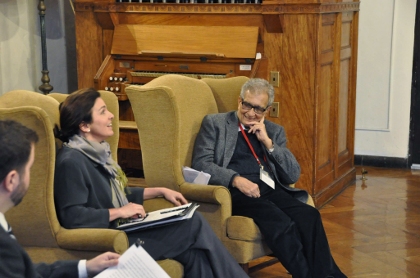
Nobel Laureate Amartya Sen, Professor Veronica Boix-Mansilla and FDR Global Engagement Director Jed Willard discuss “The New Visibility of Global Inequality” in Adams House
Developed in 2013 as an expansion of the Franklin Delano Roosevelt Foundation at Harvard, this initiative is guided by one of the core tenets of Franklin Roosevelt’s philosophy: “It is common sense to take a method and try it. If it fails, admit it frankly and try another. But above all, try something.” FDR Foundation Global Engagement conducts research and consultative projects for real-world clients (usually governments), and hosts many scholarly and student-practitioner events each year.
Given its location within Adams House, one of the 12 undergraduate residences at Harvard, this initiative also supports Harvard’s billion dollar investment in the House Renewal program by reinvigorating the College’s original intention of providing exceptional educational opportunities outside the traditional bounds of the classroom. At our unique series of Fireside Chats held in the FDR Suite throughout the academic year, we host intimate small-group sessions where students can actively engage with government officials, military officers, scholars, and politicians on topics as varied as NATO Expansion, the History of Found Objects, Anti-science and Public Decision Making, or Countering Information Warfare.
Our areas of special interest and research include the following:
American Isolationism
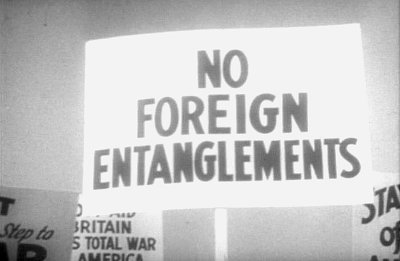
On becoming president, FDR inherited a country and a congress wearied by war, deeply suspicious of foreign entanglements, and dedicated to a policy of isolationism. Not until the Japanese attack on Pearl Harbor was the internationalist FDR freed from his decades-long struggle against the isolationist trend in America. Once again today, Americans are increasingly inclined to codon off our nation: literally and economically if not yet militarily.
Potential Areas of Investigation
- What is the potential for real US “retrenchment?” What are the geopolitical implications?
- What are the various political drivers of isolationist tendencies on the American Left and Right?
- If US influence is perceived as waning, what does that mean for the future of Enlightenment values such as democracy, freedom, and human rights around the world?
- When America does act internationally, do traditional US instruments of power still have the reach and impact the nation has enjoyed in the past?
- When stakes seem small and irrelevant to most Americans (tiny Pacific islands, seemingly-isolated African nations, and Russian-speaking districts don’t always hold the public attention they deserve) and the American public does not engage, must the dominant narrative become the recession of American influence in the world?
Ideology and Public Diplomacy
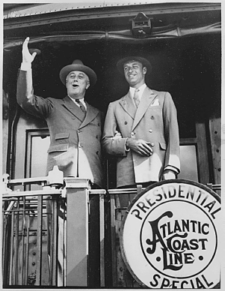
Many nations practice public diplomacy – the pursuit of foreign policy goals through communication with publics overseas – on the basis of “we are what we sell,” promoting the products and corporations of their country. Franklin Roosevelt, however, recognized that we are not what we sell, rather we are what we stand for and we are that way for a reason. A reason not only worth fighting for, but also worth explaining to the rest of the world. On the basis of this standpoint, he actively expanded US global communication efforts to oppose the virulent ideologies of fascism and communism. For example, in 1938 he created the Divisions for Cultural Relations and International Communications at the US State Department, and in 1942 established the Voice of America as part of the Office of War Information to counter Nazi Propaganda.
This is Currently the Foundation’s Primary Area of Investigation
Climate Change & Sustainability
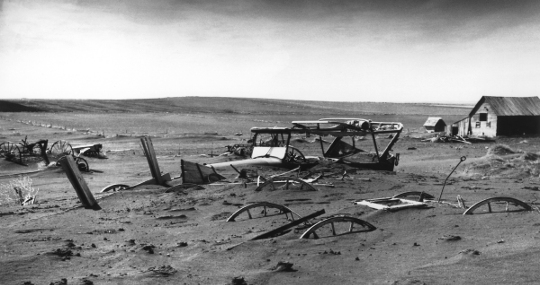
FDR was the first president faced with a distinctly man-made environmental crisis: the Dust Bowl. Unwise agricultural practices combined with natural cycles of drought and heat to destroy the livelihoods of tens of thousands of people in the American Midwest. Roosevelt tasked his Secretary of Agriculture, Henry A. Wallace, to create an entirely new land management methodology which reinvigorated American agriculture, minimizing destruction to natural ecosystems. Today’s climate crisis is far more serious and global than the Dust Bowl; similar visionary leadership is urgently required.
Potential Areas of Investigation:
- What narratives drive public opinion about climate change in different parts of the world, and who benefits from each narrative?
- FDR and Wallace created the Civilian Conservation Corps, the Soil Conservation Service and the Federal Aid in Wildlife Restoration Act to protect the environment on a national scale. What would the international equivalents of these entities look like today and how would they function?
- Is the long-term threat of climate change so awesome as to challenge global stability? Democracy itself?
The Transatlantic Relationship
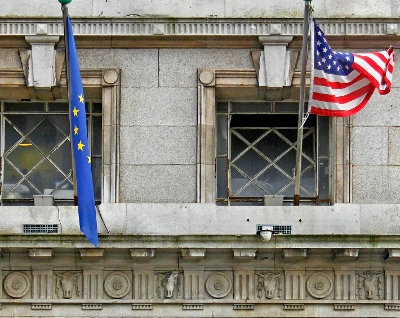
Roosevelt fully realized that the idea of an American financed new world order was highly repugnant in many political quarters, and sought to restrain criticism of our expanded role abroad by insisting that our allies carry an economic burden commensurate with their abilities, repaying the United States for war matériel over a period of time. (The British made their final payment in 2006, for example.)
Potential Areas of Investigation:
- What are the key political challenges to the transatlantic trade and investment?
- What communication strategies can the EU and its member states use to improve Transatlantic relations?
Pacific Relationships
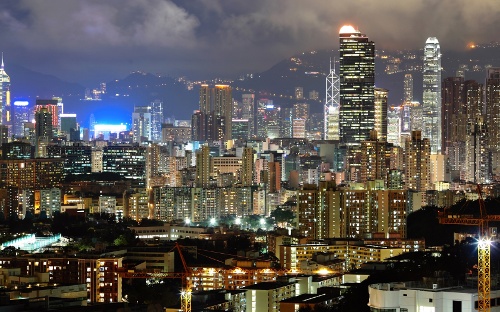
Even before attack on Pearl Harbor, American foreign policy was pulled inexorably across the Pacific, a trend that continues to this day. There is no question that the largest markets of the 21st century will be in Asia. It is yet unclear how the US will navigate a series of serious geopolitical challenges as nation states of the area seek to expand their influence.
Potential Areas of Investigation:
- What does the future hold for the Korean Peninsula as North Korea becomes more unpredictable?
- What are the implications of China’s expansion into the Pacific region, starting with the East and South China Seas?
- What are the key political challenges to Pacific trade deals as the US public leans more and more isolationist?
Russia
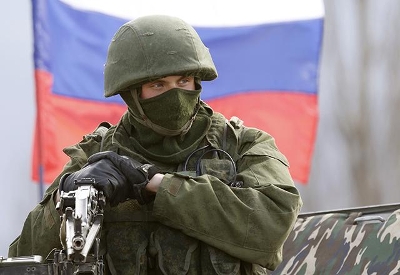
Roosevelt was among the first American leaders to tackle the complex, often contradictory directions of Russian foreign policy. Although FDR’s America was allied with the U.S.S.R. during the war, the president was also keenly aware that American and Russian national interests differed significantly.
Potential Areas of Investigation:
- What are the longer term second- and third-order effects from the Ukraine crisis as the Russians challenge the world order?
- How is European dependence on Russian energy perceived by Europeans?
- How effective are Russian efforts to build influence in regions such as Africa and Latin America?
Latin America
From his first inauguration speech onward, President Roosevelt put US-Latin American relations on a new footing. Calling for a “Good Neighbor” policy, FDR proceeded to pull US troops from Latin American nations, improve US perceptions of the country’s southern neighbors, and promote commercial interdependence throughout the hemisphere. FDR’s tenure in the White House turned out to be a marked parenthesis between the military interventionism of the early 20th-century and the often troubled hemispheric relations of the Cold War period. In many ways, current US-Latin American relations resemble the FDR parenthesis more than they do the rest of the last century.
Potential Areas of Investigation:
- The Office of the Coordinator of Inter-American Affairs, under FDR-appointee Nelson Rockefeller, used cultural diplomacy and international broadcasting to promote inter-American relations and counter support for fascist ideology. What lessons from the CIAA period are applicable to today’s challenges to US-Latin American relations?
- How do the current threats (structural, ideological, commercial, and natural) to the current period of relative stability, democracy, and growth in Latin America compare to those of the early 20th-century and the Cold War, and how do the legacies of those earlier periods impact popular perceptions of the current situation?
- As Latin America – Western Pacific trade relationships continue to progress, what economic and cultural developments can be expected?
